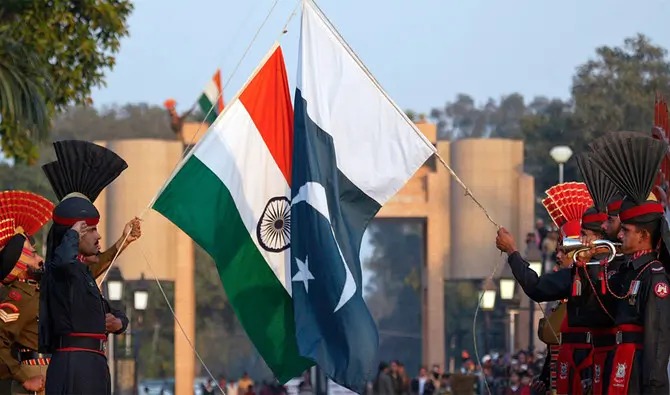Pakistan and India have a history of exchanging lists of prisoners lodged in each other’s jails. This practice is part of the Consular Access Agreement of 2008, which requires both countries to exchange lists of prisoners in each other’s custody twice a year – on January 1 and July 1. On January 2, 2024, Pakistan handed over a list of 231 Indian prisoners, including 184 fishermen and 47 civilians, to the Indian High Commission. In return, the Indian government shared a list of 418 Pakistani prisoners in its custody with a representative of the Pakistani High Commission in New Delhi, which included 337 civilian prisoners and 81 fishermen.
The simultaneous exchange of lists aimed to promote transparency and accountability in the prison systems of both countries. The agreement also encourages consular access to prisoners, allowing citizens of one country to visit and communicate with their relatives and friends in the other country’s prisons.
Challenges in Democracy
While the exchange of prisoner lists is a positive step towards fostering cooperation between Pakistan and India, the countries continue to face challenges in their democratic systems. For instance, Pakistan’s fragile democracy has been further weakened by ongoing political crises and the arrest of former Prime Minister Imran Khan.
The ongoing political crisis in Pakistan has led to the formation of several new political parties and alliances, which could potentially change the political landscape of the country. The situation remains tense, with the ruling party and opposition parties engaging in a power struggle, and the future of democracy in Pakistan remains uncertain.
The exchange of prisoner lists between Pakistan and India is a significant step towards promoting cooperation and transparency between the two countries. However, both countries must also address the challenges they face in their democratic systems to ensure lasting peace and stability in the region.


